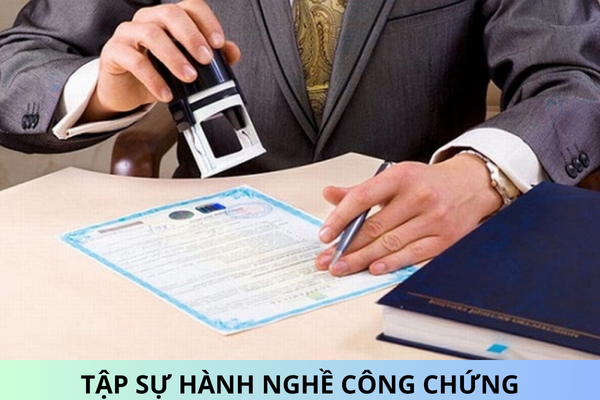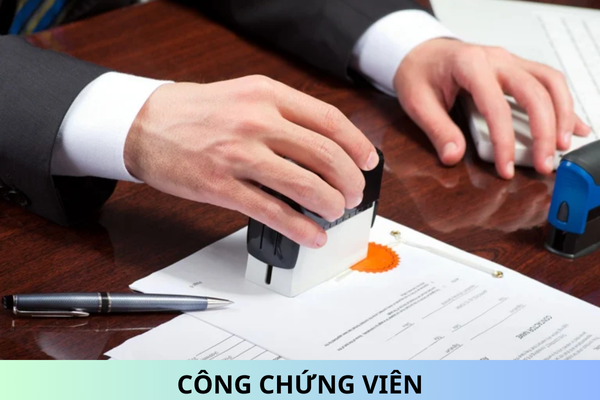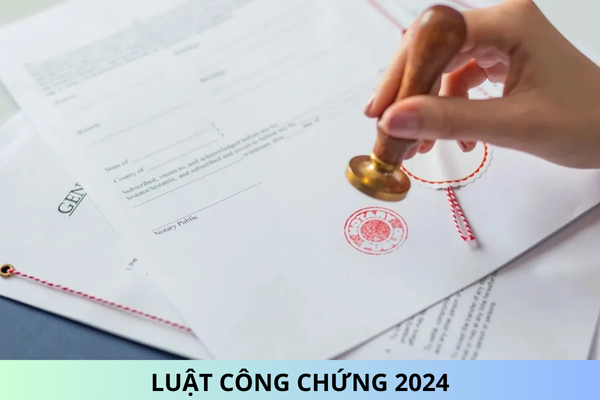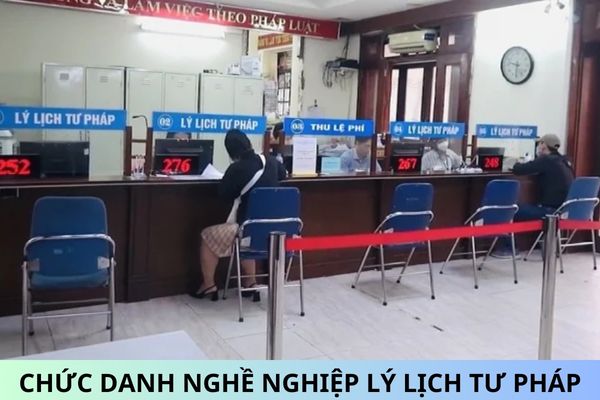What is payment of contracts for loan of property in Vietnam?
What is payment of contracts for loan of property in Vietnam? What is performance of contracts for loans without fixed term in Vietnam? Do contracts for loan of property have to be notarized in Vietnam?
What is payment of contracts for loan of property in Vietnam?
What is payment of contracts for loan of property in Vietnam? I have an unsecured loan from finance company H and signed a contract in November 2020 with the amount of VND 15,000,000 for 24 months. I have paid no violation until August 2021, the amount per month is VND 1,376,000, in September I called the company to ask for the remaining balance because at that time I had a surplus. The amount reported by the company is 9,200,000 VND. I paid that amount and now I still have a full receipt (and there is a reason why I can't use the old phone number, moved house, so Party H can't contact me), until September 2022, Party H sent a letter about the place where I work and asked me to pay the amount of 11 million because I have not yet signed the contract to terminate the payment. I would like to ask what I have to do now (because that amount is 10,000,000 VND), and I have paid in full for 20 months, the total amount required is more than 23 million. They said I have not signed the termination so the contract continues to run until 24 months, now if I don't close they will sue me? Please advise. Sincere thanks!
Reply:
According to the provisions of Article 463 of the Civil Code 2015 on property loan contracts:
Contract for the loan of property means an agreement between parties whereby a lender delivers property to a borrower. When the loan falls due, the borrower must repay the lender property of the same type in accordance with the correct quantity and quality, and must pay interest if so agreed or so provided by law.
At the same time, according to the provisions of Article 466 of the Civil Code 2015 on obligations of borrowers to repay loans:
1. Where the property lent is a sum of money, the borrower must repay the lender the loan in full when due. If the property is an object, the borrower must deliver to the lender an object of the same type, quantity and quality, unless otherwise agreed.
2. Where a borrower is not able to deliver an object, it may, with the consent of the lender, repay the value of the borrowed object, in cash, as at the time and place of delivery.
3. The place for repayment of a loan shall be the place of residence or head office of the lender, unless otherwise agreed.
4. If a borrower fails to repay all or any instalment of an interest-free loan, in whole or in part, when payment falls due, the borrower must, if the parties so agree, pay interest on the overdue amount from the due date until the date on which payment is made, at the basic interest rate prescribed in Clause 2 Article 468 of this Code, unless otherwise agreed or otherwise prescribed by law.
5. If a borrower fails to repay, in whole or in part, a loan with interest, the borrower must pay:
a) Interest on the principal as agreed in proportion to the overdue loan term and interest at the rate prescribed in Clause 2 Article 468 in case of late payment;
b) Overdue interest on the principal equals one hundred and fifty (150) per cent of the interest rate in proportion to the late payment period, unless otherwise agreed.
As can be seen, the fact that you have performed a loan contract with the PPF company, you must be responsible for performing the obligations committed under the contract. For the fact that you have paid all the money but the lender's side replied that you have not completed the contract settlement procedures, so it requires you to continue to pay the amount of 11 million, you are only obligated to pay when in the contract there is a contract. If there is no other regulation or agreement, you do not have to pay this amount because you have fulfilled your contractual obligations and this contract has been terminated according to the provisions of Article 422 of the Civil Code 2015:
A civil contract shall terminate in any of the following cases:
1. The contract has been completed;
2. The parties so agree;
3. Where a contract is only able to be performed by a particular natural person or juridical person having entered into the contract, and that particular natural person dies or that juridical person ceases to exist.
4. The contract is cancelled or unilaterally terminated;
5. The contract is not able to be performed because the subject matter of the contract no longer exists;
6. The contract terminates as prescribed in Article 420 of this Code;
7. Others circumstances as provided by law.
Above is the advice on the payment of property loan contracts in Vietnam. You should refer to the Civil Code 2015 for details on this provision.

What is performance of contracts for loans without fixed term in Vietnam?
What is performance of contracts for loans without fixed term in Vietnam? Hello! I am a retired officer, currently doing some legal research. Could you please tell me: What are regulations on performance of contracts for loans without fixed term in Vietnam? Looking forward to hearing from you guys! I sincerely thank you!
Reply:
According to current regulations in the Civil Code 2015, performance of contracts for loans without fixed term is regulated as follows:
1. With respect to a contract for an interest-free loan without a fixed term, the lender may reclaim the property, and the borrower may repay the debt, at any time provided that each party gives reasonable prior notice to the other party, unless otherwise agreed.
2. With respect to a contract for a loan with interest without a fixed term, the lender may reclaim the property at any time, subject to giving reasonable prior notice to the borrower, and shall be paid interest until the time when the property is returned. The borrower may also return the property at any time, subject to giving reasonable prior notice to the lender, in which case the borrower shall pay interest only up to the date on which repayment is made.
Performance of contracts for loans without fixed term in Vietnam is specified in Article 469 of the Civil Code 2015.
Do contracts for loan of property have to be notarized in Vietnam?
May I ask, if I lend money to a few people in the neighborhood, do I have a full contract, but I don't know if this loan contract is required to be notarized? I hope you can advise me. Thank you
Reply:
According to the provisions of Article 463 of the Civil Code 2015:
Contract for the loan of property means an agreement between parties whereby a lender delivers property to a borrower. When the loan falls due, the borrower must repay the lender property of the same type in accordance with the correct quantity and quality, and must pay interest if so agreed or so provided by law.
Thus, the current law does not stipulate that the loan contract must be notarized. However, to ensure the legality of the contract, the parties should make it in writing and actively sign it at the Notary Office of the local People's Committee or the nearest Notary Office in Vietnam.
According to this Article, the documents that need to be prepared when notarizing according to the provisions of Article 40 of the Law on Notary 2014 include:
a/ A notarization request containing information on full name and address of the notarization requester, contents to be notarized and list of enclosed papers; name of the notarial practice organization, full name of the dossier recipient, and time of dossier receipt;
b/ The draft contract or transaction;
c/ A copy of the personal identity paper of the notarization requester;
d/ A copy of the ownership certificate or use right certificate or its substitute paper as permitted by law for assets subject to ownership or use right registration under law, in case the contract or transaction is related to those assets;
dd/.Copies of other papers related to the contract or transaction as required by law.
Best Regards!










